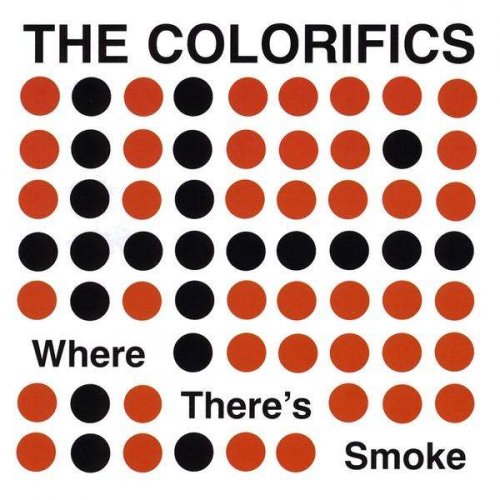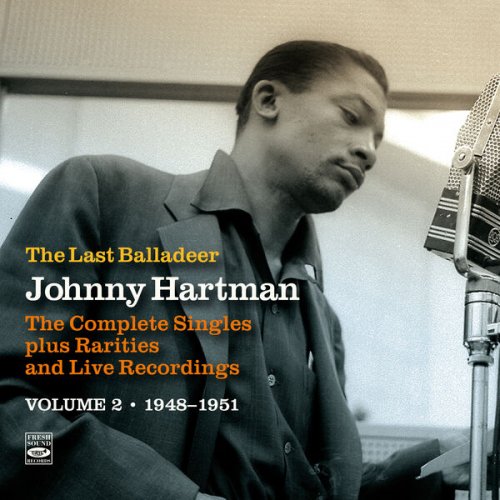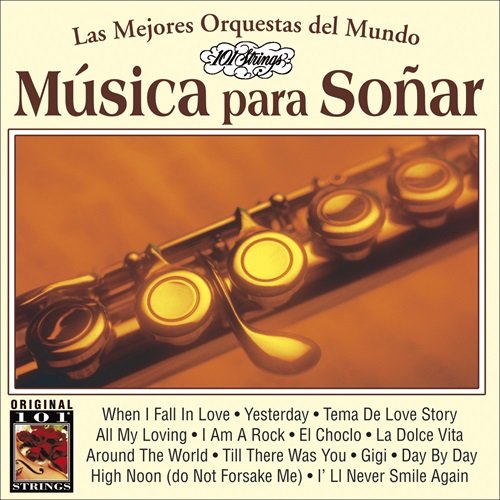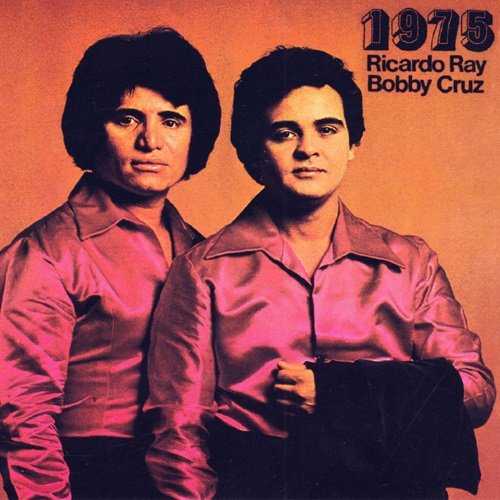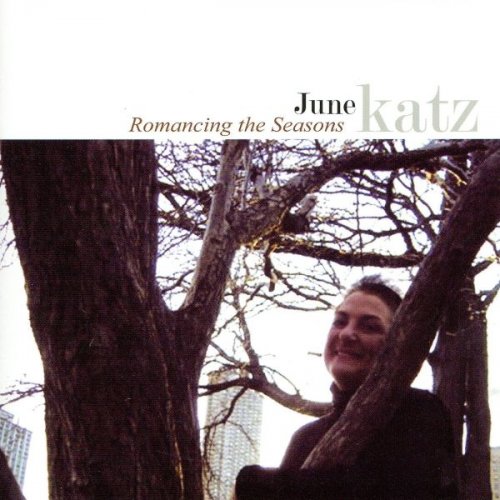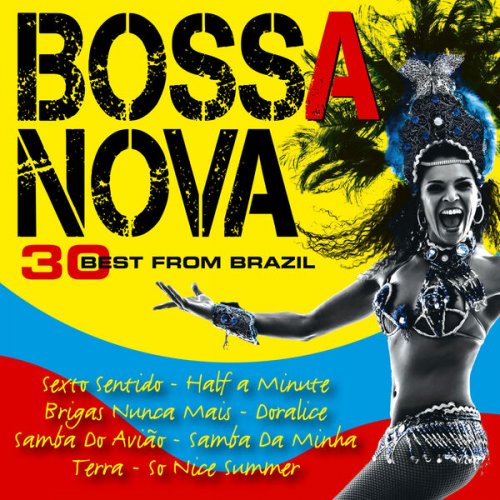Kalaparush And The Light - Morning Song (2004)

Artist: Kalaparush And The Light
Title: Morning Song
Year Of Release: 2004
Label: Delmark Records
Genre: Jazz
Quality: FLAC (tracks) / MP3 320 Kbps
Total Time: 01:03:01
Total Size: 352 / 160 Mb
WebSite: Album Preview
Tracklist: Title: Morning Song
Year Of Release: 2004
Label: Delmark Records
Genre: Jazz
Quality: FLAC (tracks) / MP3 320 Kbps
Total Time: 01:03:01
Total Size: 352 / 160 Mb
WebSite: Album Preview
01. Here Comes The Light 7:18
02. Let Us All Relax 3:59
03. In My Morning Song 3:22
04. Noon 3:22
05. Place 3:46
06. Against All Odds 5:35
07. Mobo 5:34
08. I Don' Thave An Answer Unless It's God 4:42
09. Morning 12:55
10. Symphony No. 1 6:09
11. Evening 6:07
Personnel:
Drums – Ravish Momin
Tenor Saxophone, Written-By – Kalaparush Maurice McIntyre
Tuba – Jesse Dulman
Despite what John Corbett's otherwise excellent liner note essay says, Morning Song marks the third time this current lineup of the Light has recorded together. There was a CIMP date called South Eastern in 2002, and The Moment on Entropy Stereo in 2003. The reason for making the correction is merely to show how seasoned this band is, and how wonderfully attenuated its voice is as a collective. Saxophonist Kalaparusha, tuba player Jesse Dulman, and drummer Ravish Momin have, as evidenced in this Delmark recording -- on which McIntyre returns the Light to the label after thirty-some odd years and other incarnations -- have become a unit with one of the most singular voices in the new jazz. With this streamlined lineup, where rhythm becomes the focal point onto which melody and harmony are not only executed but also discovered, the notion of song is what comes across most pronouncedly. There are 11 new compositions by McIntyre here, all of them written with this band in mind, all of them with wide, deep sonorities that embrace gaps in time and space to create a language both deep and wide, where harmony is not an extension of the players, but is the speech the players communicate with to one another. Elements of jazz history, and the entire development of the vanguard waft through the grooves here on pieces such as "In My Morning Song," "Here Comes the Light," "Mobo," and "Symphony No. 1," while the blues underscore virtually everything in them. The blues are what give the edgier statements their meaning, their stance of articulation. This is a date with great respect for the tradition of the AACM, for Chicago jazz in general, and with a restlessness at its heart that offers new utterances in the jazz idiom.
![Roberta Flack - Roberta Flack (2026 Remaster) [Hi-Res] Roberta Flack - Roberta Flack (2026 Remaster) [Hi-Res]](https://www.dibpic.com/uploads/posts/2026-02/1772098000_cover.png)
![Wes Montgomery - Full House (Remastered 2026 / Live At Tsubo / 1962) (1962) [Hi-Res] Wes Montgomery - Full House (Remastered 2026 / Live At Tsubo / 1962) (1962) [Hi-Res]](https://www.dibpic.com/uploads/posts/2026-02/1772124946_cover.jpg)
